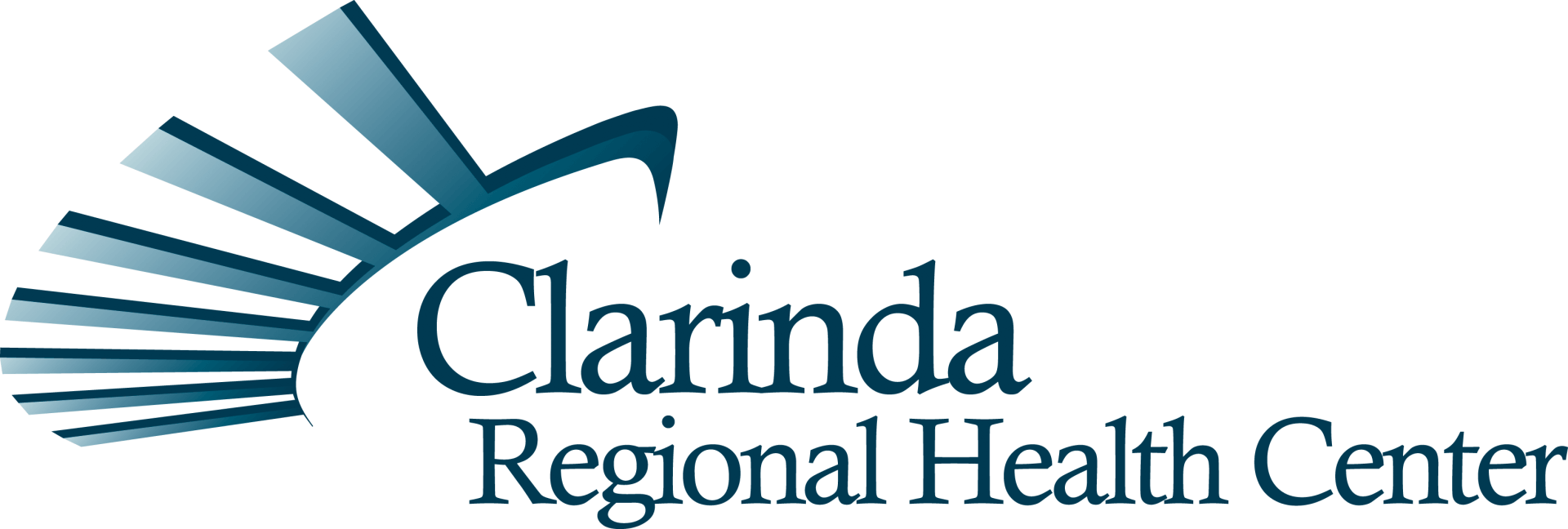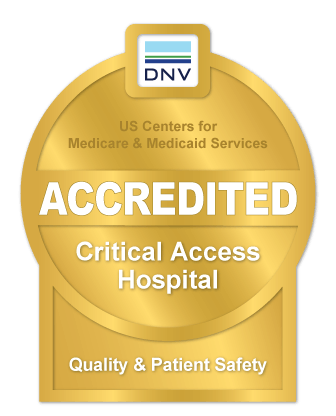Before Surgery

Arrangements to make prior to surgery.
We want to help set yourself up for success in order to ensure the best outcome post-surgery and feelings of confidence going into your surgery. This will help us ensure you have a safe and ready environment for your return home. Helping us and you get this work done means you are part of our health care team! Safe and effective health care requires your participation and involvement.
Taking care of these items before your procedure will help your hospital visit go as smoothly as possible and may help you have a faster recovery. However, please note that this is a general guide. Your physician’s instructions are specific to you; therefore, if your physician gives you instructions that conflict with the information here, please listen to your physician.
Patient Identification
The thought may cross your mind – “Don’t they know why I am here?” Course we do! We are making certain that our information matches yours. Be prepared for various hospital staff to ask you some of the same questions. Just part of our job to ensure accuracy.
Prevention of Surgical Site Infections:
Let your surgeon know as soon as possible if you have any breaks in your skin such as, insect bites, a recent rash, cut, sunburn or alike. An opening in the skin may put you at risk for infection and could cause a need to postpone your procedure. We encourage you to stop smoking. Smoking increases your risk for infection.
Antibacterial Shower:
Prevention of Blood Clots and Pneumonia:
If advised by your physician, performing postoperative exercises and walking will increase your circulation and help prevent blood clots and pneumonia. It would also be advised that you communicate with family and friends not to visit if they have cold or flu symptoms.
Safety Check:
Before your surgery or procedure, the staff will perform a “time out” using a checklist. You’ll be asked questions during this time and our staff will verify paperwork and tasks.
Illness:
If you develop new symptoms such as a fever with body aches, sore throat or cough before your surgery, contact our surgery center as soon as possible. If you have a chronic condition, such as Parkinson's disease, COPD, multiple sclerosis, diabetes, etc., we recommend that you let that physician know you are scheduled for surgery. This will help them manage your condition more effectively.
Questions Before Surgery:
Do not wait until the day of your surgery to call and ask questions! As soon as you have questions, please reach out to our surgery center and our nurses will help assist you and get you in touch with your surgeon, if necessary.
For Patients & Family:
The length of your wait may vary depending on the procedure. When planning for the day of surgery, remember that the surgical procedure occupies only a part of the time. Preparation and recovery time should be included in your plans. Information on length of time should be communicated with the patient prior to surgery. We encourage you to bring a book, newspaper, crossword puzzle, etc. to do while you wait. Learn more about our facility amenities on our Patient & Visitor Information page.
For Children:
We encourage you to bring a special blanket or toy to make them more comfortable. Please bring diapers, formula, bottles, sippy cup, and other necessary care items.
Contact Lenses & Dentures:
If you wear contact lenses or dentures, be prepared to take them out before your surgery. Bring holding cases and solutions for storage, if needed. If you wear contact lenses, please be sure to bring your glasses for post-op recovery.
Eating & Drinking:
Medication:
Going Home

Voted SW Iowa Reader's Choice "Best Hospital" for the Fifth year in a row! Thank you for trusting us for all your healthcare needs.
2018 - 2019 - 2020 - 2021 - 2022
©2024 | Clarinda Regional Health Center | All Rights Reserved | Privacy Practices | Impact Statement
CRHC is an Equal Opportunity Provider. “In accordance with Federal Law and U.S. Department of Agriculture policy, this institution is prohibited from discriminating on the basis of race, color, national origin, sex, color, age or disability color, age,
national origin or ancestry, disability, sexual orientation, gender identity or expression, diagnosis, or source of payment for care, including Medicare, Medicaid, or the Children’s Health Insurance Program (CHIP). (Not all prohibited bases apply to all programs.)
To file a complaint of discrimination, write USDA, Director, Office of Civil Rights, 1400 Independence Avenue, SW, Washington, D. C. 20250-9410 or call (800) 795-3272 (voice), or (202) 720-6832 (TDD) | File a complaint with CRHC


